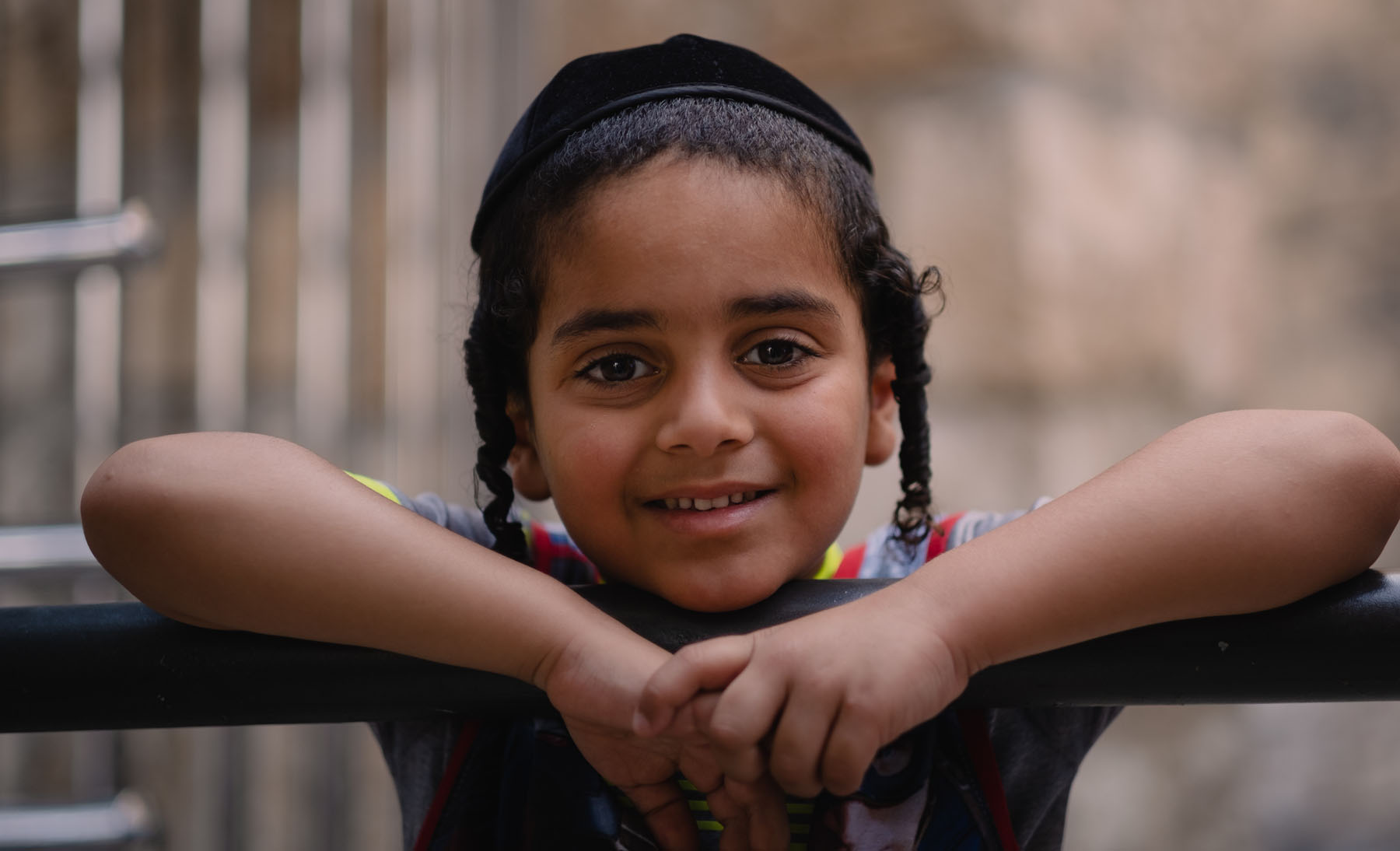by Jeremiah Poff, Washington Examiner
A proposed regulation expanding oversight of private schools by the New York Department of Education has set up a clash between the state government and the state’s Orthodox Jewish community, who see the proposal as an attack on religious freedom .
Earlier this year, state education officials released a proposal requiring private schools to provide “substantially equivalent instruction” to the public school system. The proposal would substantially increase the amount of state oversight of private schools while tightening curriculum requirements.
Enjoy what you're reading? Subscribe for more!
In order to comply with the regulation, a school would be required either to obtain accreditation from an outside group or administer state-approved exams. Noncompliant schools would face regular reviews from local school districts.
The regulatory proposal came in response to complaints from Young Advocates for Fair Education, a group of individuals raised in New York’s Hasidic Jewish community who say the education they received at the Jewish yeshiva schools inadequately prepared them for life.
The group says on its website that it is “committed to improving secular education in Hasidic and Haredi schools” because graduates of yeshiva schools “are severely limited in work options and often are forced to rely on government aid to support themselves and their large families.”
But the state’s proposal has drawn stark opposition from the Hasidic community itself, which, out of concern that the regulations would substantially inhibit the community’s ability to direct Hasidic education according to Jewish law, have sent over 300,000 comments to the state expressing concerns about the proposal.
“There’s a 3,000-year history [of] outside organizations trying to put control on Jewish education. It has never worked well,” Rabbi Yaakov Menken, the managing director of the Coalition for Jewish Values, told the Washington Examiner in an interview. “We take education, specifically religious education, very, very seriously. The idea that a person should be an educated and an intellectual person, is actually at the roots of Judaism itself.”
Menken’s organization was one of many to submit comments to the New York Department of Education expressing opposition to the proposed regulations.
In its letter, the Coalition for Jewish Values argued that the state’s proposed regulation, on its face, is a blatant violation of religious freedom guarantees in the First Amendment and also runs afoul of the 1972 U.S. Supreme Court case Wisconsin v. Yoder, in which the court ruled that the free exercise clause of the First Amendment meant the Amish community could not be compelled to send their children to school beyond the eighth grade.
“By contrast to the Jewish educational system and its advocates, Amish leaders openly desire a lesser level of education for their children,” the coalition said in its letter.
While the regulatory proposal has drawn the most high-profile opposition from the Orthodox Jewish community, other religious organizations and private schools have also expressed reservations about the regulation.
Michael Deegan, the superintendent of Catholic schools for the Archdiocese of New York, told the New York Post that “test scores and graduation rates” have proved that Catholic schools “are the very model for education in America.”
“While we welcome most any measurement of our rigorous academics, we remain concerned with the notion of local school districts being empowered in any way to be the arbiters of such scrutiny,” Deegan said of the regulation.
But while religious liberty concerns have drawn the most attention, Rabbi Menken sees a far more concerning trend of the state interfering with private education amid a nationwide movement of parents concerned public schools across the country are pushing an indoctrinating curriculum.
“Here in New York state, they’re not just interfering in public education, they’re seeking to interfere in private education,” the rabbi said. “Not only are the parents paying taxes to support the public school to which they do not send their children, but they also have to pay for the cost of educating their child. And now, the state is saying even there, you as a parent do not get freedom of choice in terms of [what] educational content to give to your child.”


